NIH
-

A probiotic treatment for obesity?
Engineered bacteria that produce beneficial compounds — and that could potentially be administered in foods like yogurt — may be a future treatment for obesity and other chronic diseases. Read MoreAug 8, 2019
-
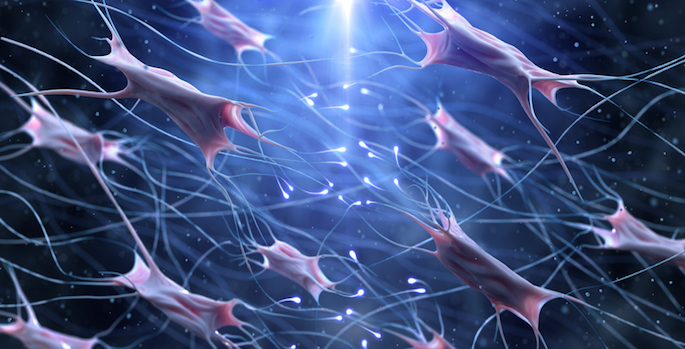
Cellular engines of wound repair have distinct roles
Vanderbilt investigators have now discovered that, in contrast to prevailing dogma, fibroblasts are not all alike; instead, they have distinctive functions following tissue injury. Read MoreAug 8, 2019
-

Intestinal immune cell interactions
Understanding the roles of various immune cells that reside in the gut lining could shed light on inflammatory bowel diseases. Read MoreJul 30, 2019
-

New role for microtubules in diabetes
Microtubules, part of the cell's cytoskeleton, regulate the secretion of insulin, suggesting that they may be a new target for treating diabetes. Read MoreJul 29, 2019
-
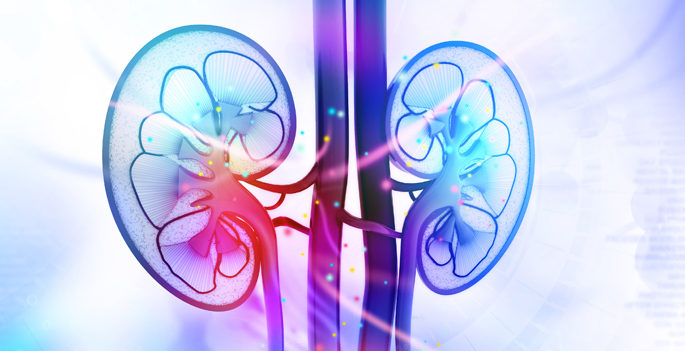
Sex differences in kidney injury
Men are more susceptible to progressive kidney disease than women; new VUMC studies point to differences in the expression and activation of the EGF receptor. Read MoreJul 25, 2019
-

Defective transporter linked to autism
A first-of-its-kind mouse model may help reveal mechanistic underpinnings for the altered behaviors of autism spectrum disorder. Read MoreJul 24, 2019
-
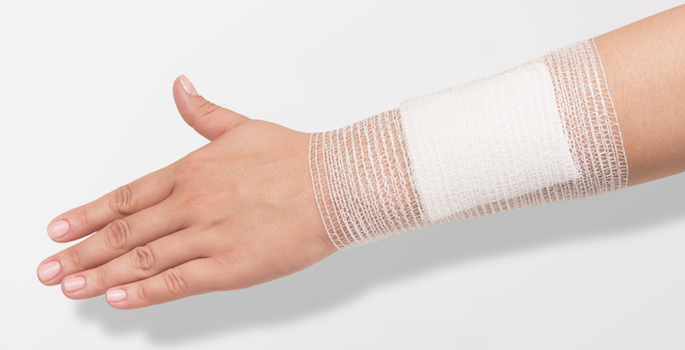
A critical factor for wound healing
Vanderbilt-Ingram Cancer Center scientists have discovered a role for a tumor suppressor protein in skin wound healing. Read MoreJul 16, 2019
-

Potassium balance and glaucoma
Vanderbilt Eye Institute researchers have discovered that an imbalance in the ionic environment of retinal ganglion cells may contribute to functional impairments in glaucoma. Read MoreJul 15, 2019
-
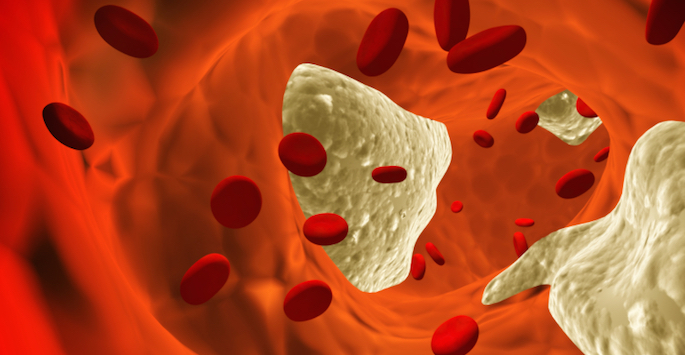
New look at atherosclerosis
A new imaging method makes it possible to directly measure cell division and changes in metabolism in atherosclerotic plaques. Read MoreJul 11, 2019
-
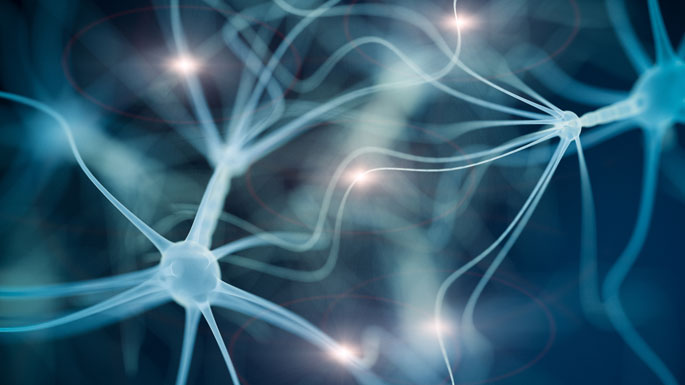
Working memory in psychotic disorders
Functional MRI studies have revealed that targeting activation of certain brain regions may improve working memory and cognition in psychotic disorders. Read MoreJul 11, 2019
-

Early detection of schizophrenia
Inhibited temperament—a tendency to respond to novelty with wariness, fear or caution—may be a risk factor for schizophrenia that could be targeted for preventative interventions. Read MoreJun 24, 2019
-

Fish oil and cancer prevention
Fish oil supplementation provides a modest but beneficial effect on reducing molecules associated with colorectal cancer development. Read MoreJun 24, 2019
-
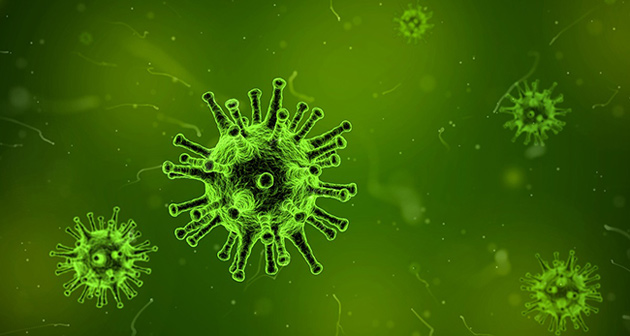
Microbiome links diet to health
Vanderbilt researchers have discovered that the gut microbiome composition modulates how dietary nutrients are metabolized, with potential downstream consequences on metabolic health. Read MoreJun 20, 2019
-
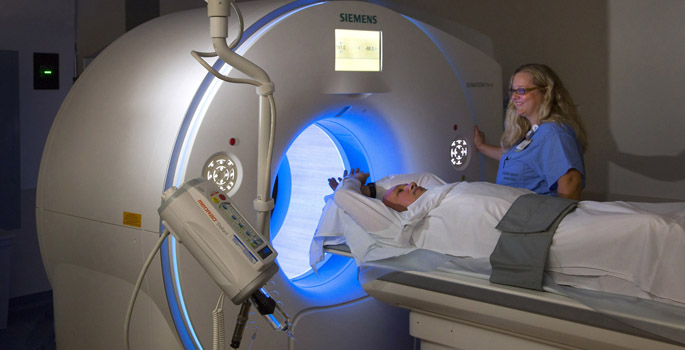
Potential probe for early ovarian cancer
Larry Marnett and colleagues have developed what may become the first agent for targeted PET imaging of cancer tissues, such as ovarian cancer, that express high levels of the COX-1 enzyme. Read MoreJun 20, 2019
-

Steroid binding to metabolic enzyme
Understanding how a steroid-metabolizing enzyme binds to its substrates may aid in designing drugs to treat sexual dysfunction as well as prostate cancer. Read MoreJun 12, 2019
-

Cell-cell signals in developing heart
Scott Baldwin and colleagues have discovered early signaling events during heart development, findings that could guide cell replacement therapies for heart disease. Read MoreJun 10, 2019
-

Mouth health and colorectal cancer
Microbial species in the mouth could be playing a role in colorectal cancer development, according to new research from epidemiologists at VUMC. Read MoreJun 6, 2019
-

Study details regulation of a multi-drug transporter
Vanderbilt University researchers have discovered how a protein pump distinguishes between chemicals that it will expel from a cell and inhibitors that block its action. The new findings could guide the development of more efficient inhibitors to prevent cancer cell resistance to chemotherapy. Read MoreMay 30, 2019
-

Frog fungus fights back
Louise Rollins-Smith and colleagues have discovered a new way that a deadly fungus evades frogs' immune systems. Read MoreMay 15, 2019
-

Dynamic basement membranes
Basement membranes are important structural and functional components of tissues. New research provides insight into how they repair themselves. Read MoreMay 9, 2019